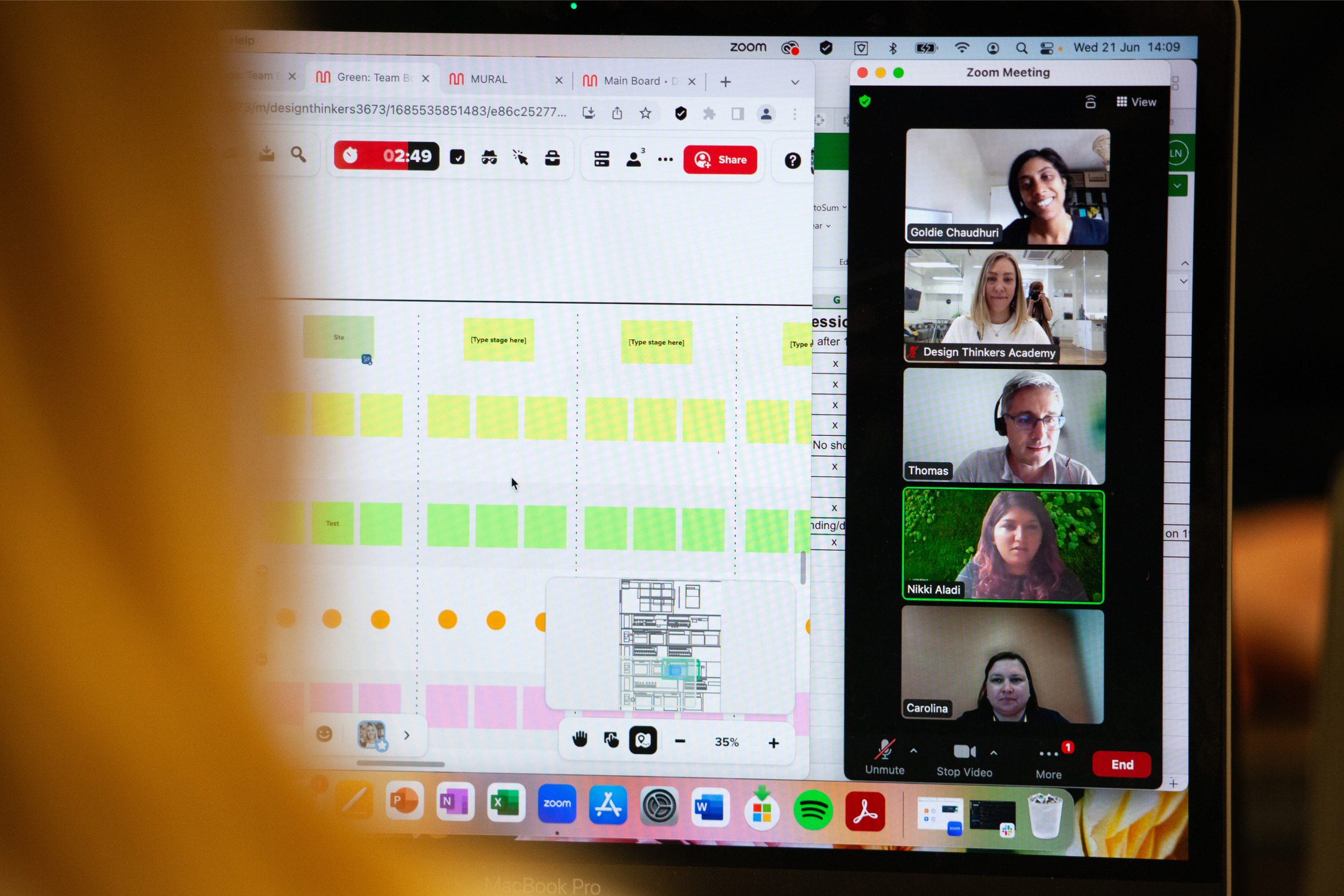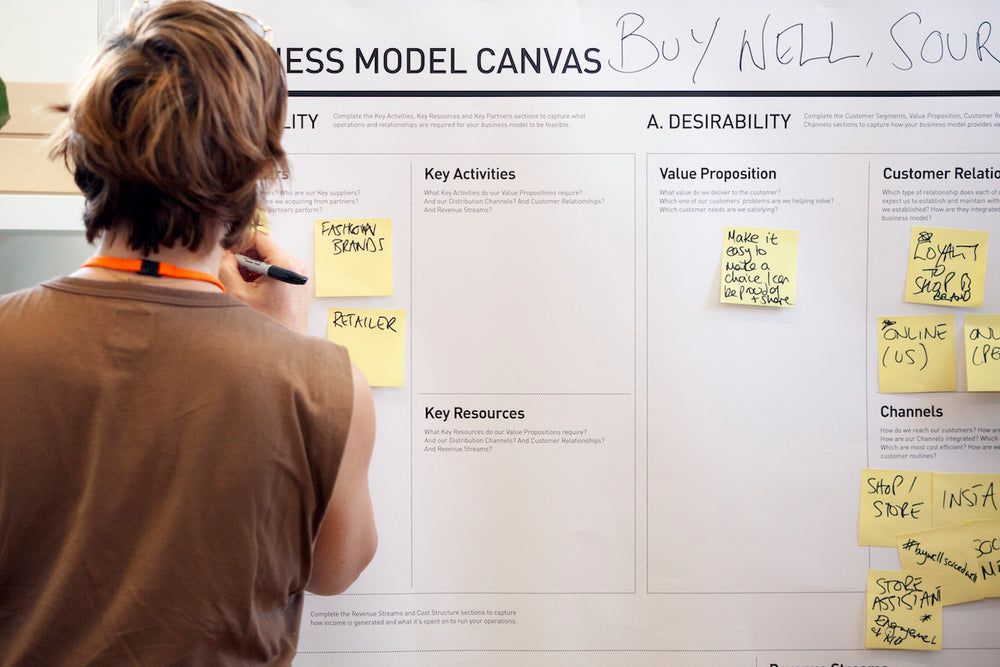
Systems Thinking Essentials
Explore, understand & make meaningful change within complex systems
Overview
Course information
Systems Thinking offers us new ways of working at every level, from teams to wider society, making our organisations more effective, our products and services better designed and our environmental and social impact more positive. Our online Systems Thinking Essentials course will teach you how to visualise complex systems, better understand the critical relationships that shape them, and innovate with a clearer idea of the consequences.
What you’ll learn
- How to explore complexity at different levels and understand the underlying dynamics of problems.
- New methods of working collaboratively to implement change more successfully.
- The common behaviours in complex systems, patterns to look out for, and how to mitigate them to achieve your goals.
- The different mindsets and techniques that can be applied when approaching complex systems.
- How to use online platforms, such as Mural and Kumu to support collaborative working across distributed teams.
Enrol now
Select a date
Session dates:
Select a date
Times:
Select a date
1
From £750.00
incl. UK VAT
Who’s it for?
Day-by-day summary
Day 1:
Seeing systems
Visualising systems to uncover the big picture
Day 2:
How systems work
Exploring and selecting options for systemic change
Day 3:
Acting in systems
Taking targeted action for impact
What Systems Thinking Essentials alumni say
Our live teaching approach
Expert coaching
Reveal more
Learning from experienced design thinkers & interactive workshops.
Collaborative innovation
Reveal more
Co-creating with others & exploring how to drive innovation within a team.
Networking opportunities
Reveal more
Connecting with people from around the world & expanding personal networks.
The coaching team
FAQs
Can’t find what you’re looking for? Speak to one of our team now through our chatbot or get in touch.
Contact Us










